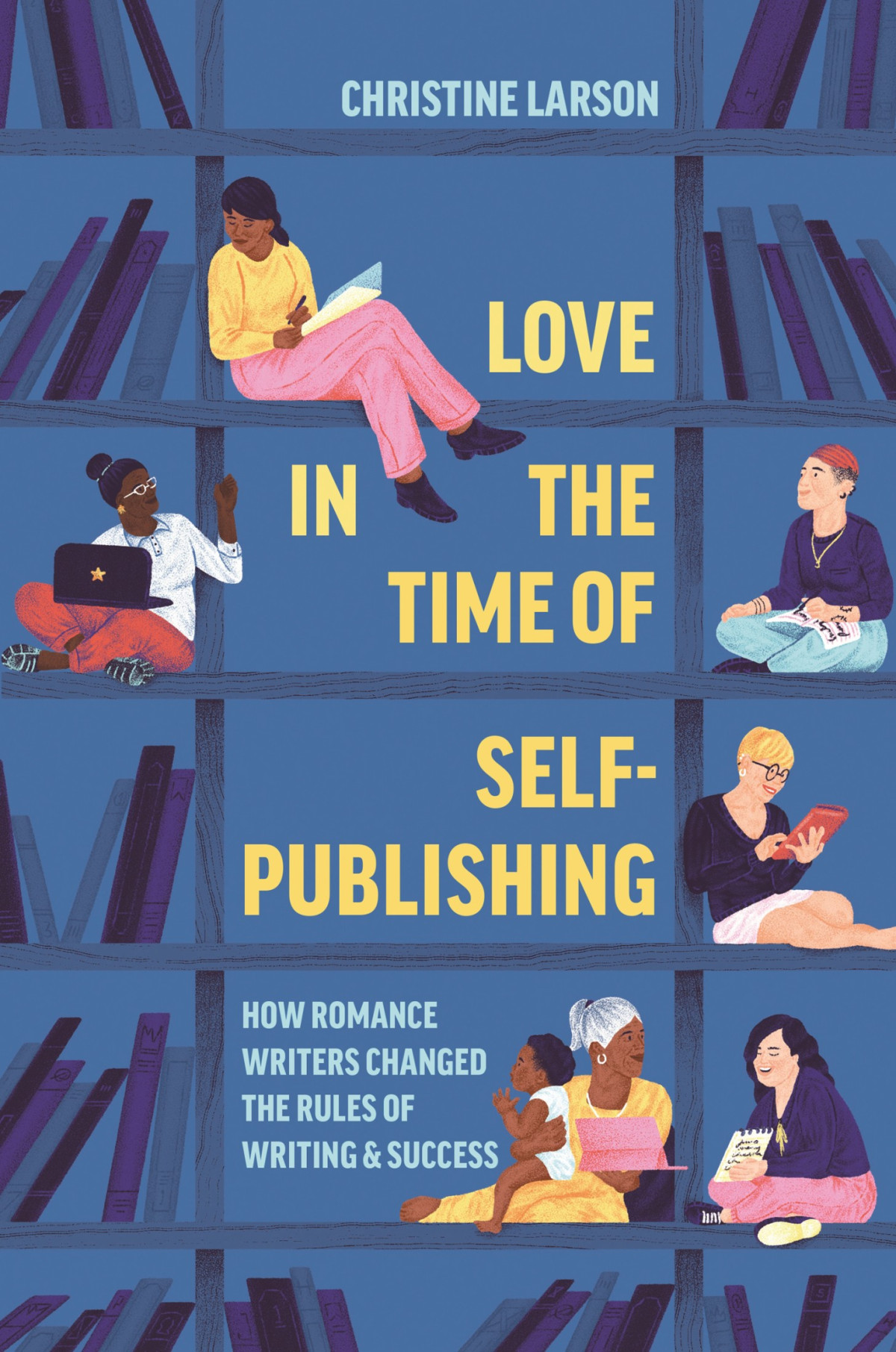

Most ebook files are in PDF format, so you can easily read them using various software such as Foxit Reader or directly on the Google Chrome browser.
Some ebook files are released by publishers in other formats such as .awz, .mobi, .epub, .fb2, etc. You may need to install specific software to read these formats on mobile/PC, such as Calibre.
Please read the tutorial at this link: https://ebookbell.com/faq
We offer FREE conversion to the popular formats you request; however, this may take some time. Therefore, right after payment, please email us, and we will try to provide the service as quickly as possible.
For some exceptional file formats or broken links (if any), please refrain from opening any disputes. Instead, email us first, and we will try to assist within a maximum of 6 hours.
EbookBell Team

4.7
46 reviewsLessons in creative labor, solidarity, and inclusion under precarious economic conditions
As writers, musicians, online content creators, and other independent workers fight for better labor terms, romance authors offer a powerful example—and a cautionary tale—about self-organization and mutual aid in the digital economy. In Love in the Time of Self-Publishing , Christine Larson traces the forty-year history of Romancelandia, a sprawling network of romance authors, readers, editors, and others, who formed a unique community based on openness and collective support. Empowered by solidarity, American romance writers—once disparaged literary outcasts—became digital publishing’s most innovative and successful authors. Meanwhile, a new surge of social media activism called attention to Romancelandia’s historic exclusion of romance authors of color and LGBTQ+ writers, forcing a long-overdue cultural reckoning.
Drawing on the largest-known survey of any literary genre as well as interviews and archival research, Larson shows how romance writers became the only authors in America to make money from the rise of ebooks—increasing their median income by 73 percent while other authors’ plunged by 40 percent. The success of romance writers, Larson argues, demonstrates the power of alternative forms of organizing influenced by gendered working patterns. It also shows how networks of relationships can amplify—or mute—certain voices.
Romancelandia’s experience, Larson says, offers crucial lessons about solidarity for creators and other isolated workers in an increasingly risky employment world. Romancelandia’s rise and near-meltdown shows that gaining fair treatment from platforms depends on creator solidarity—but creator solidarity, in turn, depends on fair treatment of all members.